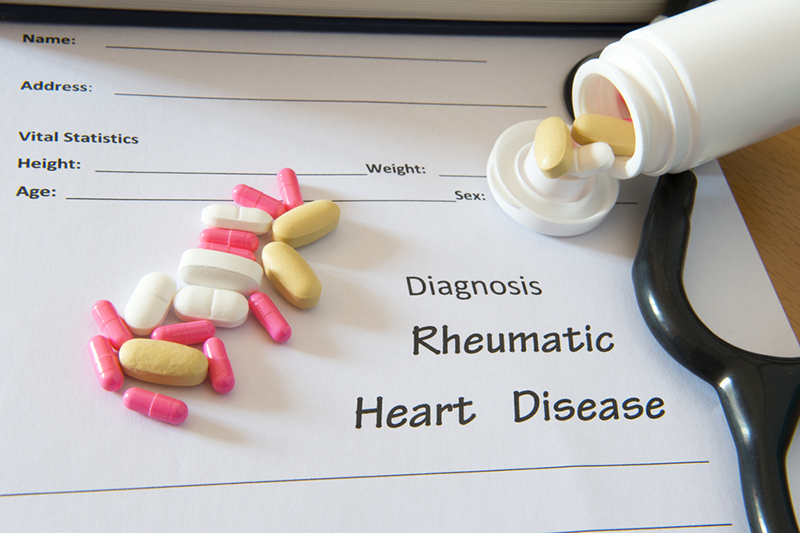Volume 32, Nº 5, September and October 2019
DOI: http://www.dx.doi.org/10.5935/2359-4802.20190041
EDITORIAL
Rheumatic Heart Disease - How are We in 2019, Have We Evolved?
Andressa Mussi Soares

Acute rheumatic fever (ARF) is the result of na autoimmune response to pharyngitis caused by infection with the sole member of the group A Streptococcus (GAS), Streptococcus pyogenes. ARF leads to a condition characterized by various combinations of joint pain and swelling, cardiac-valve regurgitation with the potential for secondary heart failure, chorea, skin and subcutaneous manifestations, and fever.
Rheumatic heart disease (RHD) is a disease of poverty that affects children and working-age adults. The global economic impact of early death from RHD is still very high. In Brazil, the average cost of RHD-related damage is around 89 million Brazilian reals (close to US$ 28 million) a year. Information from the Brazilian Unified National Health System database (DATASUS) indicates a cardiac mortality rate of about 7.9% from chronic rheumatic fever (RF).1
Keywords: Rheumatic heart disease; chronic valvular heart disease; control programs; corticosteroids; echocardiography.











